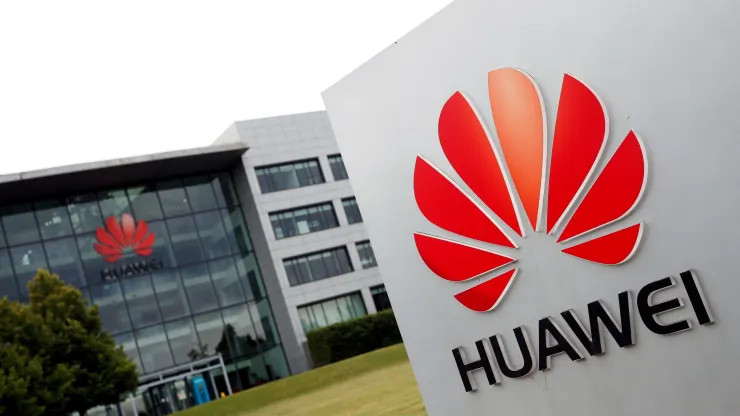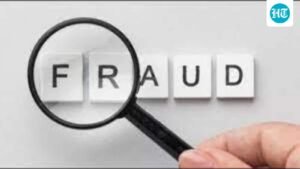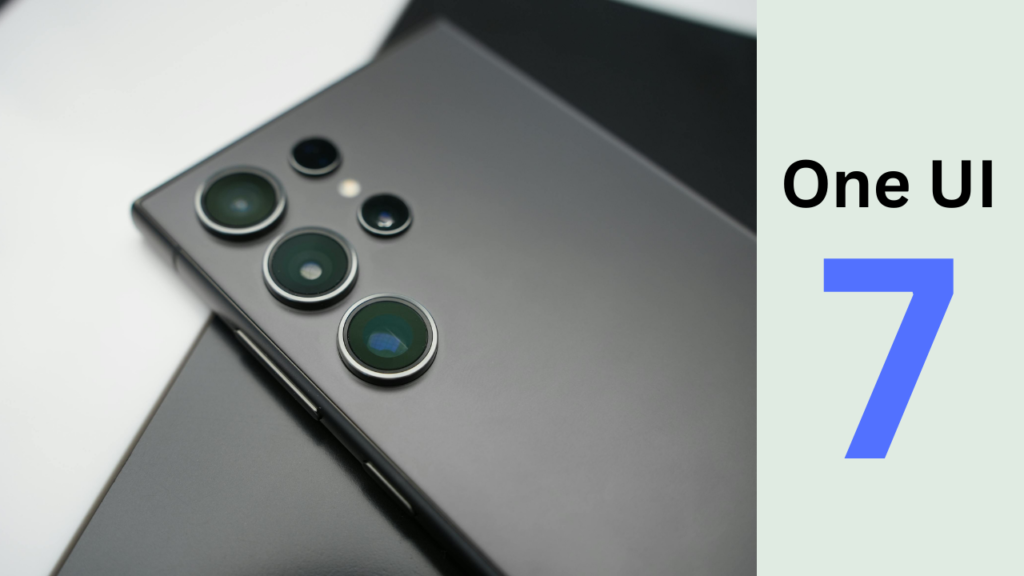The DoT’s request for assessment reports on Chinese tech is causing concern

Bharti Airtel and Vodafone Idea are concerned about the Department of Telecommunications’ (DoT) request to assess legacy network equipment and software from Chinese vendors like Huawei and ZTE, considered “non-trusted sources.” They find the assessment challenging due to numerous mergers and acquisitions over nearly three decades. Despite reminders, both telcos have yet to provide the required details.
Earlier this year, the DoT asked telecom operators to evaluate their legacy network equipment sourced from “non-trusted sources” and submit a detailed report, including software and hardware used since they began operations in India.
The DoT seeks to understand the potential costs of replacing this legacy equipment with new equipment from “trusted sources” to improve national security.
“It’s a pending demand for telecom operators. We have had meetings with them and asked them to furnish the report. We are yet to hear from them despite reminders,” a senior government official told Moneycontrol.
The US replacement
The official mentioned that the government will only decide whether to ask telecom companies to replace non-trusted network hardware and software with trusted technology sources once it understands the scale of non-trusted or Chinese technology in use and the costs of replacing it.
“With the self-assessment, we also want to estimate the financial burden on operators for equipment replacement and determine the extent of government support required if a future directive to replace such technology is issued… There is no immediate plan to order the removal of non-trusted equipment from Indian networks,” the official stated.
Industry experts estimate that Airtel and Vodafone Idea would need $2-3 billion to remove Chinese telecom hardware and software from their live networks in India.
In December 2020, the government announced the National Security Directive on the Telecommunication Sector, requiring service providers to purchase equipment only from “trusted sources.” This directive took effect in June 2021.
The directive aligns with global concerns about Chinese equipment companies being used for espionage.
“In the future, these telecom companies will need to upgrade their networks with new technology that complies with the rules and regulations set by the National Cyber Security Coordinator (NCSC). Eventually, equipment and software from non-trusted sources must be replaced with technology from trusted sources,” another official added.
Since the directive was introduced, major multinational telecom companies like Ericsson, Nokia, Samsung, Cisco, Mavenir, Ciena, and India’s Tejas Networks have received trusted source approval from the National Cyber Security Coordinator (NCSC). However, China’s Huawei and ZTE have not yet received approval from the NCSC as they have not met the clearance requirements.
“It is practically impossible to provide details since day one. The DoT has requested a database of every detail of the network equipment deployed and the software involved. We are trying, as it is a demand we can’t ignore,” a senior executive at one of the top three telecom companies told Moneycontrol on the condition of anonymity.
In 2021, Airtel selected Ericsson, Nokia, and Samsung for its 5G network, effectively excluding Huawei and ZTE. Vodafone Idea has yet to award any contract for its 5G network and continues discussions with Ericsson, Nokia, Samsung, and Mavenir for long-term 4G and 5G rollout contracts.
Since the trusted sources regime was implemented, Huawei and ZTE have mainly worked with Vodafone Idea and Bharti Airtel to maintain existing network contracts. However, they can only replace current components, and any network upgrades still require government clearance.
Reliance Jio, on the other hand, has not used any Chinese equipment for its 4G and 5G networks. Instead, it relies on equipment from Nokia, Ericsson, and Samsung and has deployed its own indigenously developed wireless equipment and telecom software.
Recent contracts awarded to Chinese firms
Between 2021 and 2022, Airtel awarded Huawei a telecom infrastructure expansion contract worth Rs 450 crore to upgrade and expand its National Long Distance (NLD) network. Similarly, in April 2023, Vodafone Idea granted a new optical transmission equipment order worth around Rs 230 crore to Chinese company ZTE for Gujarat, Maharashtra, and Madhya Pradesh-Chhattisgarh (MP-CG) to enhance its network.
These contracts were given to Huawei and ZTE under special permission from the NCSC, despite the lack of approval from trusted sources.
Airtel and Vodafone Idea did not respond to Moneycontrol’s queries.
For its 4G network, Vodafone Idea previously awarded contracts to Huawei for regions including Delhi, Kerala, Odisha, Punjab, Bihar, and Karnataka. Meanwhile, Airtel assigned network deployment contracts to Chinese vendors for four circles: Karnataka, Punjab, Kolkata, and Tamil Nadu (RoTN).
Although Airtel has reduced its reliance on Chinese vendors by replacing 4G wireless equipment with equipment from European suppliers, it continues to use Chinese technology for its core and wireline networks.
State-run BSNL also sourced wireless and wireline network equipment from Huawei and ZTE over the years but barred them from participating after the trusted-sources regime was introduced.

Realme Narzo 90X
Realme Narzo 90X Confirmed in India on 16 December 2025. Coming to Bangladesh soon…



Hot and cold AC shopping mistakes: Best picks that solve the usual problems, and what to check before you buy (HT Tech)
Indian winters have a way of exposing bad AC choices. A hot and cold AC sounds like the neat answer,

Fake RTO e-challan scam sees major spike, cyber police issue warning (HT Tech)
A fresh surge in cyber fraud cases linked to fake RTO e-challans has put residents of Pune and Pimpri-Chinchwad on

59-year-old Hyderabad man loses ₹2.49 lakh in delivery OTP scam: How the fraud unfolds (HT Tech)
A 59-year-old man from Hyderabad’s Banjara Hills recently lost ₹2.49 lakh to a courier delivery scam, highlighting how cybercriminals are


